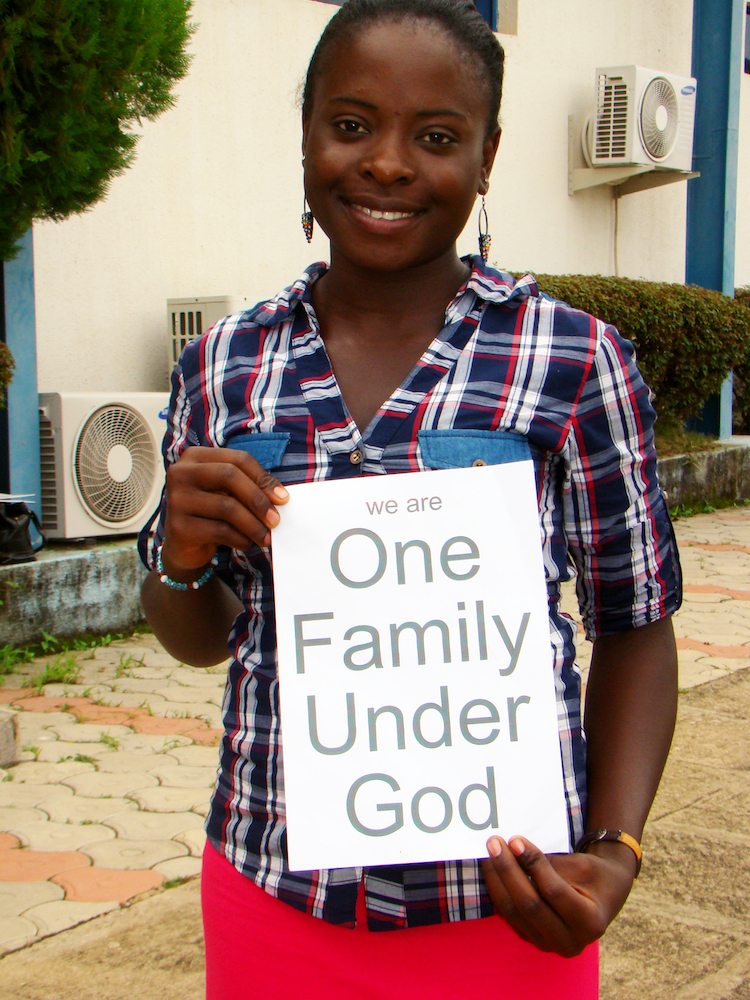“Our approach is not one-dimensional. Let me explain more about AKU. This is a civic movement. In other words, it is a collective effort of different religious groups, NGOs, charities, civil society, etc. working together. It also serves as a think tank for government and policy makers. ”
–Dr. Hyun Jin Preston Moon (Interview with Chosun Newswire)
A Vision respects uniqueness, diversity
In working to advance peace and development in the world with the vision of “One Family Under God,” there have been many people that have felt this dream is both too idealistic, vague or dealing with “abstractions.”
A vision, like a dream, can feel fuzzy and unclear and leave too many things up to interpretation.
And yet, in this lies also—paradoxically—much of its strength. It leaves it up for us to decide how each and every one of us will take up the vision in our own unique way in our own particular contexts with our own special gifts, talents, and skills.
A vision does not contain marching orders, does not dictate how you will carry it out; there are no instruction manuals.

Instead, a vision works to inspire, facilitate cooperation with others and encourages you to explore how you—personally and uniquely—can work to make it a reality. It respects freedom and responsibility and empowers people to act, most importantly, not out of fear, worry, obligation, coercion or because of anything other than one’s own free will.
In short, a vision and its possibilities respect and encourages our unique individuality, our specific context and our own ability to contribute to the particular time and place where we live, love and work.
While there are universal principles inherent in the ideal of One Family Under God, beyond those simple truths, there needs to be the flexibility and space for people to discover how they will take up the call.
Rather than followers of a vision, we need leaders who can dream the same dream but implement it in the best way that they are best positioned to do so.
This explains the nature of the work we do in partnership and coalition building. It recognizes that we don’t need just one organization but we need all people, all groups to work together, guided by a shared vision and universal principles, for the sake of the common good.
How this plays out in Korea is what we see in the Action for Korea United (AKU) coalition. How can the life and work of a retired police officer, a North Korean artist, a mother of three young children, and a Korean pop star come together? In AKU, each person represents different strands of the brilliantly diverse social fabric of the Korean nation coming together to heal and reconcile the divided Korean family. With the mindset similar to the one articulated by the late great Ahn Changho when he said to his countrymen, “To pick even one orange with sincerity in an American orchard will make a contribution to our country.” When each person has the heart to be of service to the cause of Korean reunification, they will find creative ways to do that in his or her unique sphere of life and work.
How do you want to take up the vision of One Family Under God?

